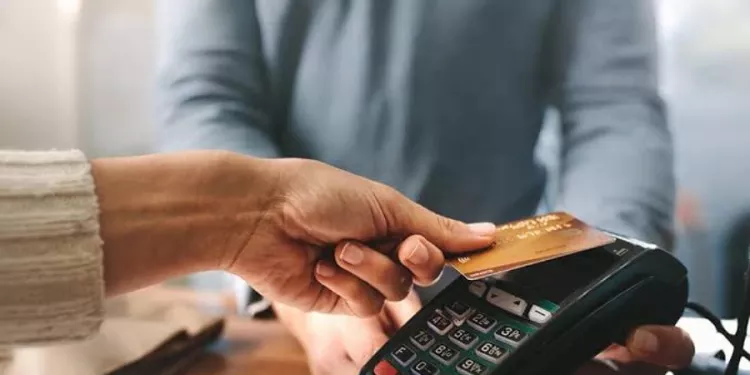The proportion of Nigerians with accounts at regulated institutions – such as banks, microfinance organizations and mobile money service providers – rose from 16% to 45% in 2021.
This was disclosed by the World Bank in a report titled, “The Global Findex Database 2021: Financial Inclusion, Digital Payments, and Resilience in the Age of COVID-19.”
The Bank stated that the overall account ownership rate in developing economies increased by 30 percentage points, from 42% in 2011 to 71% in 2021 – a rise of more than 70%.
What the Bank is saying
The World Bank stated that global account ownership increased by 50% from 51% in 2011 to 76% in 2021. Nigeria’s account ownership growth increased from 30% to 45% throughout the time period under consideration.
It stated, “Individual economies saw different rates of growth over the past decade. Between 2011 and 2021, economies such as Peru, South Africa, and Uganda drove up the average with account ownership increases of 25 percentage points or more.
The Bank added, “Other economies saw much smaller increases over longer periods. Pakistan, for example, grew by just 10 percentage points over the past decade, from 10 per cent in 2011 to 21 per cent in 2021. The Arab Republic of Egypt and Nigeria increased ownership by 18 percentage points and 16 percentage points, respectively—from 10 per cent to 27 per cent in Egypt, and from 30 per cent to 45 per cent in Nigeria.”
The world bank stated that having an account is a key indicator of financial inclusion and opens the door for both men and women to use financial services in a way that promotes growth.
Owners of accounts, whether they are with a bank or a regulated organization like a credit union, microfinance institution, or mobile money service provider, were able to store, send, and receive money, allowing them to invest in their health, their children’s education, and their businesses, according to the report.
According to the lender, It is harder for account holders to slide into poverty because they can easily rely on savings or receive financial resources from friends or family in the event of a financial emergency.
The global bank further said the growth in account ownership in Nigeria and other Sub-Saharan African nations was because of the adoption of mobile money.
It stated, “In Sub-Saharan Africa in 2021, 55 per cent of adults had an account, including 33 per cent of adults who had a mobile money account—the largest share of any region in the world and more than three times larger than the 10% global average of mobile money account ownership.
In case you missed
- The World Bank has stated that Nigeria has the highest number of out-of-school (OOS) children in the world despite the expansion in access to education during the last few decades.
- Nairmetrics also reported that the COVID-19 pandemic sparked financial inclusion and led to a significant rise in digital payments.
- The world Bank also stated that Nigeria’s growth prospects have improved for the next three years, mainly to a stronger non-oil recovery and higher global oil prices. However, Nigeria’s macroeconomic framework has eroded, making the country more vulnerable to global and domestic shocks.




